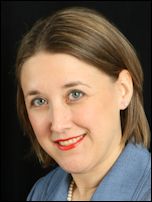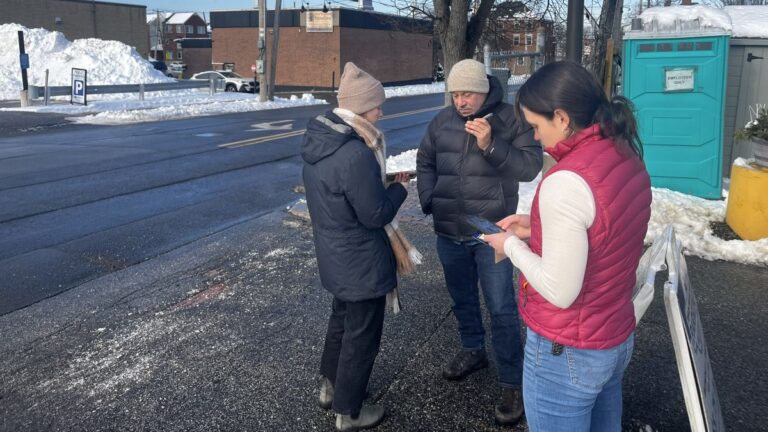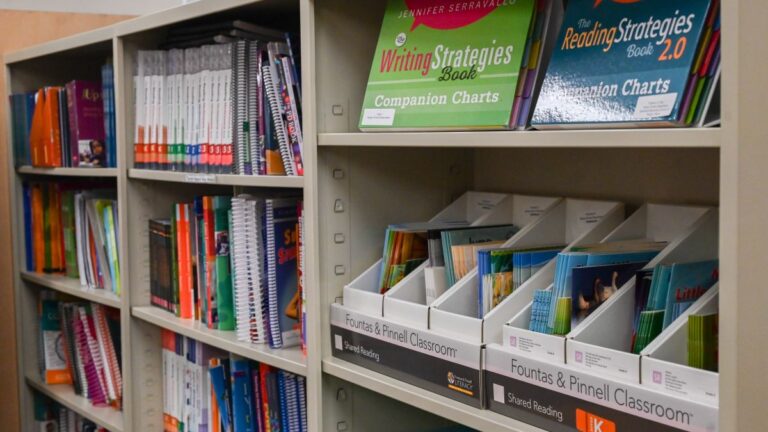Lawmakers from both parties are calling for closer scrutiny of Maine’s $230 million-a-year state-run lottery, including determining if its advertising targets Maine’s poor, who are the state’s most avid players.

“All the legislators I’ve spoken to said if we were directing advertising towards poor communities in Maine, then there would be a big problem, and its something we would have to fix this session,” said Rep. Louis Luchini, D-Ellsworth, who chairs the legislative committee that oversees the lottery.
The lawmaker’s response follows a Maine Center for Public Interest Reporting investigation that found players in Maine’s poorest towns spend as much as 200 times more per person on lottery tickets than those living in wealthier areas and that lottery sales jump by 10 per cent for every one percent increase in unemployment across the state.
The state has never studied the impacts of the lottery or its marketing on Maine’s poor and unemployed, despite tripling its in-state advertising budget in the past decade. Scratch and draw game ticket sales add about $50 million annually to the state treasury.
Lottery documents show the state has recently increased the intensity of its marketing efforts, conducting sophisticated market research and making plans to target younger players to ensure strong sales into the future.
But the documents do not tell the full story of the lottery’s marketing plan: Hundreds of pages describing the marketing tactics used by Scientific Games, a Las Vegas-based multi-national company that holds a contract to operate Maine’s lottery, are shielded from public scrutiny and labeled “confidential information,” a records request found.

Lawmakers say the lottery, which pays for itself through sales of tickets, has historically received much less legislative oversight than state programs funded by taxpayer dollars.
The lottery is run by the Bureau of Alcoholic Beverages and Lottery Operations, and overseen by a commission whose five members are appointed by the governor and confirmed by the legislature.
“A good, honest review of the lottery is what we really need now,” said state Sen. David Burns, R-Whiting, who sits on the Government Oversight Committee. “We can’t just let this thing run its own course anymore.”
Burns said the committee has postponed a review of the lottery for years as other more “pressing” issues have arisen.
Documents from the Office of Program Evaluation and Government Accountability, the legislature’s investigative arm, show the lottery was first placed on the group’s work plan in 2007, but even preliminary research was delayed until 2013.
Some lawmakers worry the game’s heavyweight contribution to the state’s coffers — over $1 billion since the game’s inception in 1974 — may prove a political hurtle to a serious review.
State Rep. Chuck Kruger, D-Thomaston, house chair of the Government Oversight Committee, said the group elected to keep the lottery study “on-deck,” following a meeting last month, despite a heavy workload.
“The good news is, we didn’t throw it off the list. But that doesn’t mean it’s going to get quick attention,” he said.
Kruger said other controversial investigations were straining an office already short-staffed, and doubted the political will existed to conduct an immediate probe of the lottery.
“As a member of the legislature, I think, gosh, we need to work on this. Then, I think of the budget process, and I say, ‘Oh sure, we’re going to just kiss off $50 million, good luck with that,’” said Kruger.
But state lawmakers have recently shown a willingness to limit expansion of the lottery. In response to legislative opposition, the LePage administration withdrew a proposal to allow the lottery to run a keno game.
Lottery officials estimated the fast-paced new game would have generated as much as $8.7 million in revenue to the state’s General Fund in its first year.

State Rep. Ellie Espling, R-New Gloucester, said the Keno episode was proof the legislature could effectively oversee lottery operations and planning.
She said that oversight could be extended to marketing and advertising.
“You’re taking something that’s bad for people, taxing it, and making money from it. So in a way, you want people to buy it, right? It’s not something I’m comfortable with,” Espling said. “We need to be looking at the lottery more closely as legislators. I’d love to see someone with a passion for this put in a bill.”
Kruger, of the Government Oversight Committee, agreed.
“What we really need next is the kind of leadership that says, ‘wait, this is wrong. Let’s stop it. But I’m not holding my breath,” said Kruger.
Speaker of the House Mark Eves, D-North Berwick, a family therapist by occupation, said he was not surprised that desperate people would be most inclined to purchase lottery tickets.
“No matter how important a revenue source for the state, we always need to look at the social impacts, and ask, ‘Is this something that we want to continue to support?’” said Eves. “It’s been too long since we’ve looked at the lottery.”







